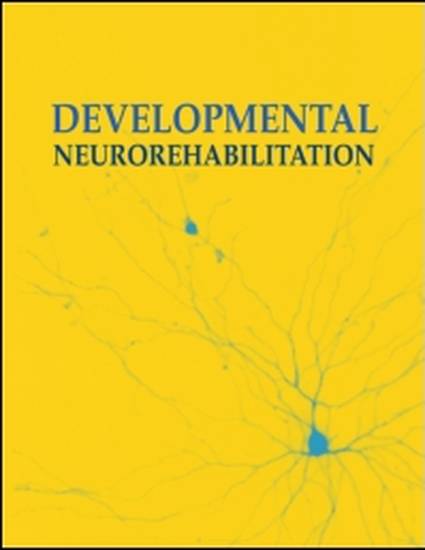
Article
Solution-Focused Coaching to support clinicians’ professional development: An analysis of relational strategies and co-constructed outcomes.
Developmental Neurorehabilitation
(2022)
Abstract
Purpose: To explore solution-focused coaching (SFC) as a means to enhance pediatric rehabilitation practitioners’ development of listening skills.
Methods: Six clinicians each participated in two SFC sessions with an experienced coach who used a practice model developed for pediatric rehabilitation (SFC-peds). The transcribed interviews were analyzed by inductive content analysis to identify the coach’s use of relational strategies and the nature of what was being co-constructed in the sessions.
Results: The coach used six relational strategies (e.g., supporting reflective and critical thinking). Through dialogue and reflection, the coach and clinician co-constructed four important outcomes, including shared meaning, awareness and discovery of strengths and values, discovery of strategies and opportunities, and forward movement.
Conclusions: The study informs our understanding of the relational processes and benefits of SFC conversations. These conversations appear to provide an optimal learning space to enhance professional development, by facilitating the co-creation of meaning, awareness, and intentionality. The findings and proposed framework of coach mindsets, relational strategies, and co-constructed outcomes also inform solution-focused ‘helping conversations’ in clinical practice.
Keywords
- collaboration,
- communication skills,
- partnership,
- professional development,
- SFC-peds
Disciplines
Publication Date
2022
DOI
10.1080/17518423.2021.2011458
Citation Information
King, G., Baldwin, P., Servais, M., & Moodie, S. (2022). Solution-Focused Coaching to support clinicians’ professional development: An analysis of relational strategies and co-constructed outcomes. Developmental Neurorehabilitation, 25(3), 205-216. doi:10.1080/17518423.2021.2011458
